The mission of Paws of SWVA is similar to so many rescue organizations in the south – keep animals out of the shelter.
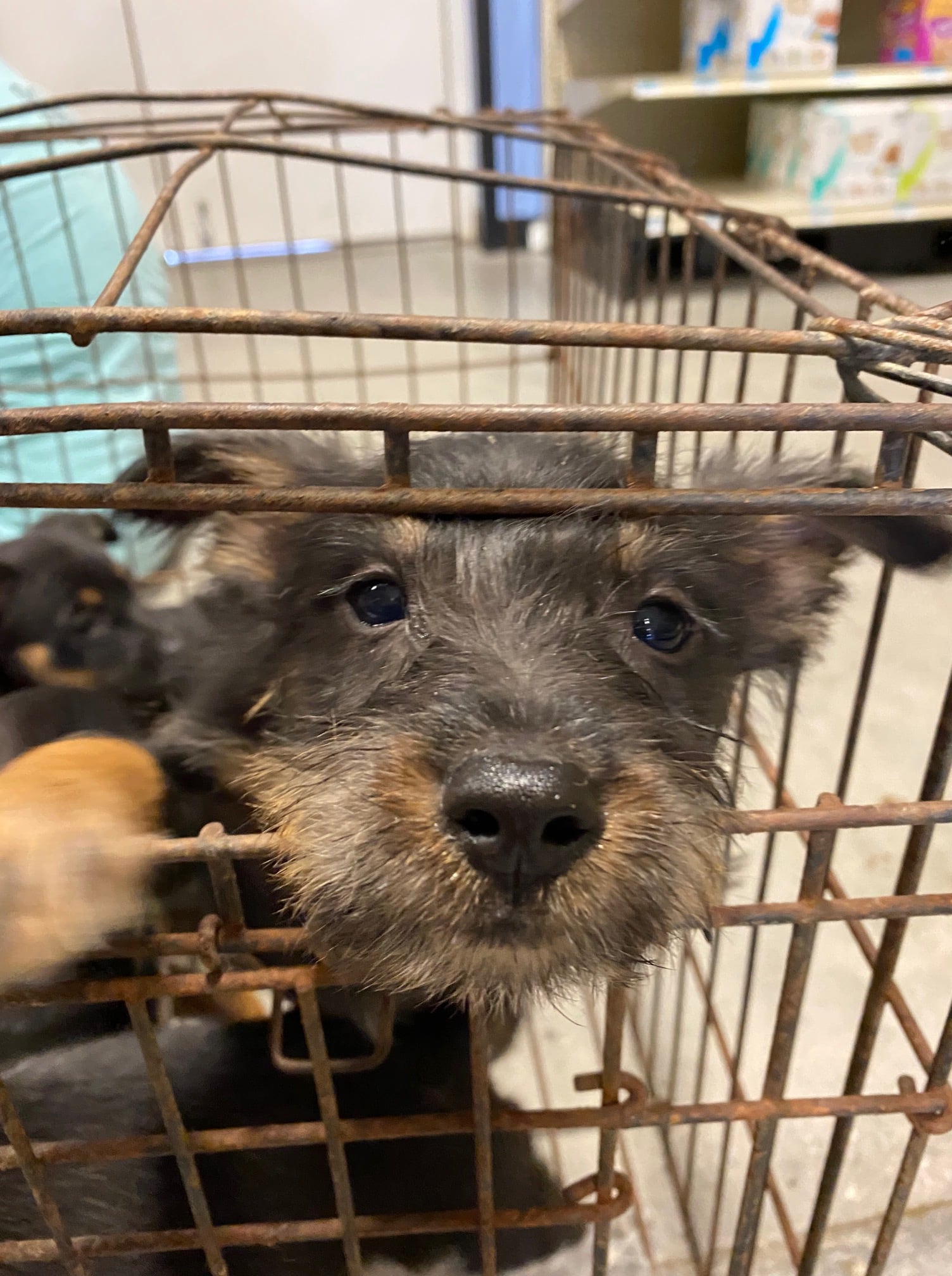
Not only are shelters extremely stressful places for animals, too many shelters in our rural south still kill dogs (and cats) for space, so crowded shelters mean more animals die. Paws of SWVA keeps dogs (and cats) out of the shelter by providing foster homes, securing rescue placement, and getting animals adopted, many times out of state.
The other way that Paws keeps animals out of the shelter is by promoting and providing spay/neuter services. They run a van service twice a month to Bristol, Virginia to a veterinarian there because vet services are so few and far between (and expensive) in southwest Virginia.
Our contact with Paws began with Jo Anne Harding, a tireless woman who juggles multiple balls at one time. Not only does she run Paws in Wise County, but she also pulls dogs from both the Lee and Dickson county shelters. She finds rescue placement and transport for those dogs.
We met up with Jo Anne and several of her local fosters at a pet store in Norton, Virginia. Nancy handled a photoshoot for Paws foster animals in the storage area and I chatted with Jo Anne, several of her fosters, and Tammy, who until that month had been the rescue coordinator for the Wise County shelter. My head spun as I listened to the efforts these women made to save animals in Wise (and Lee and Dickson) County.
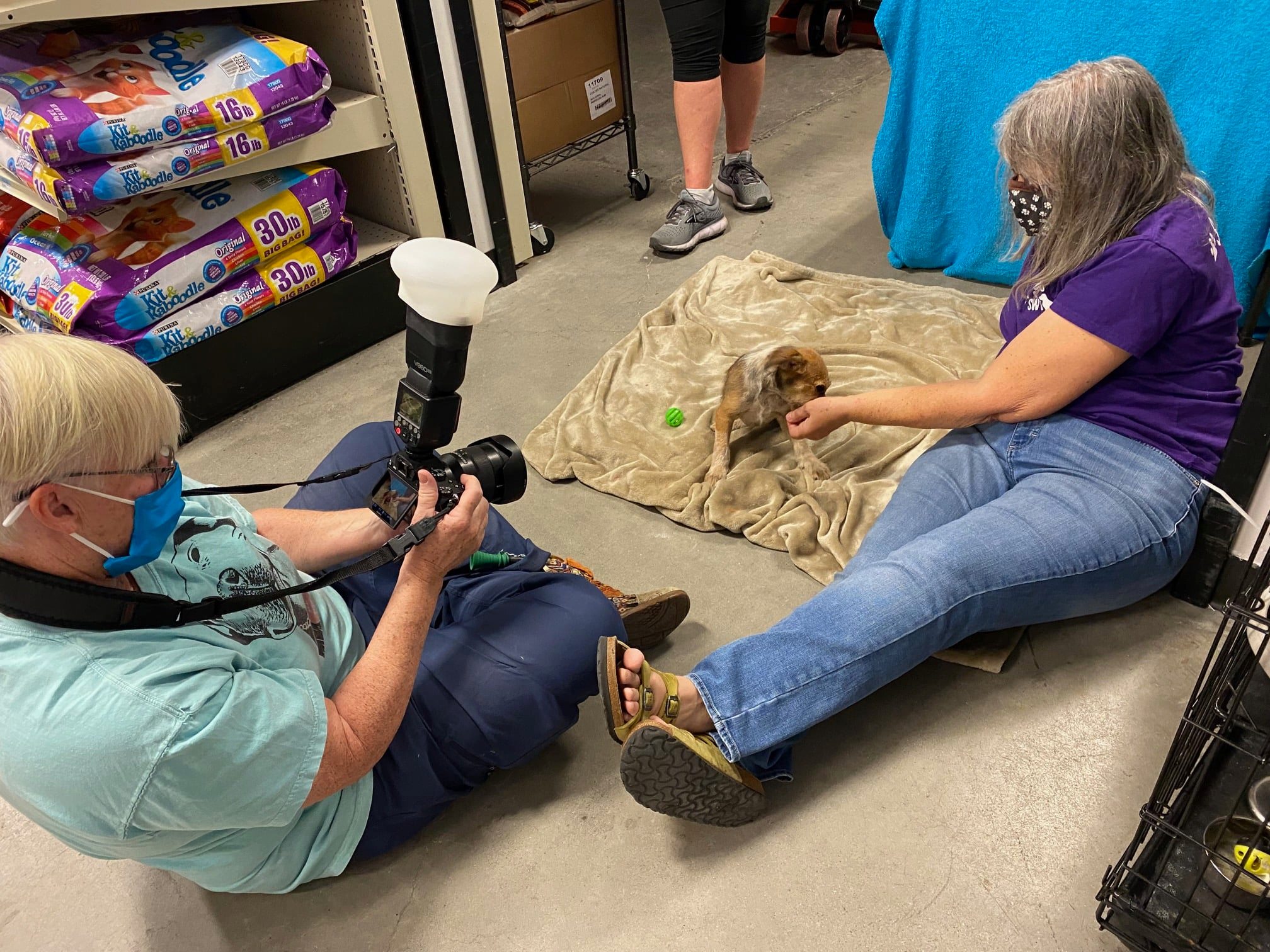
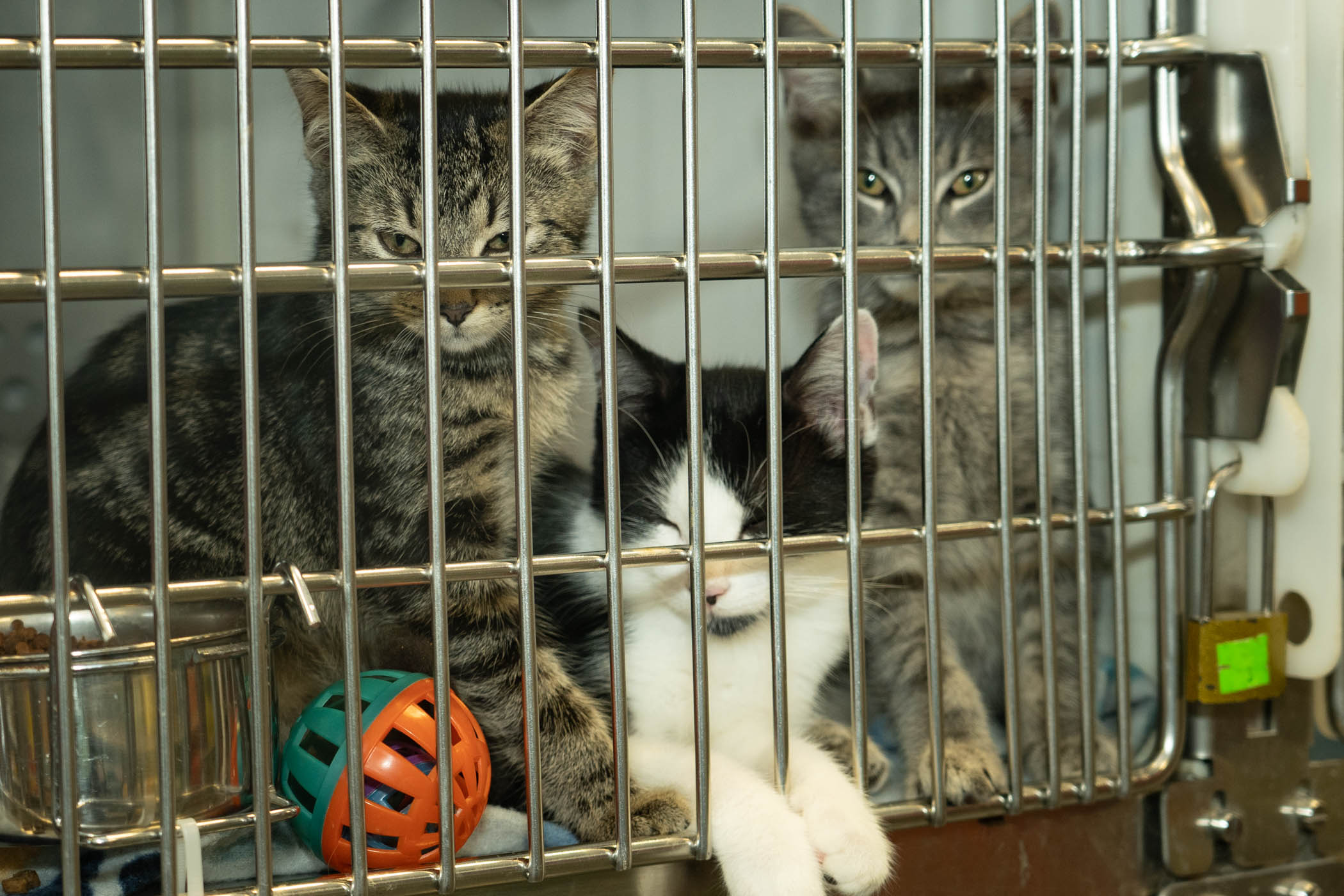
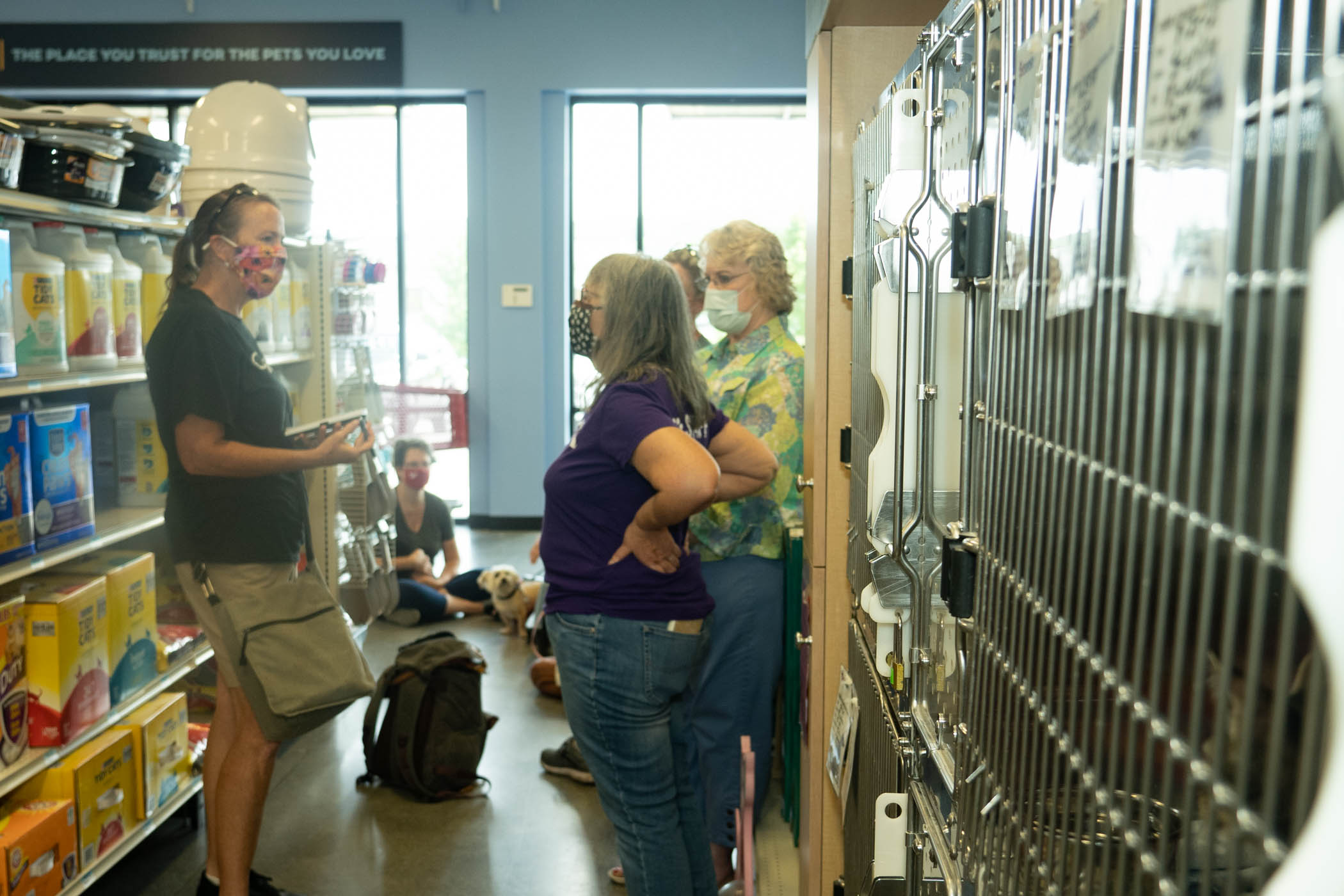
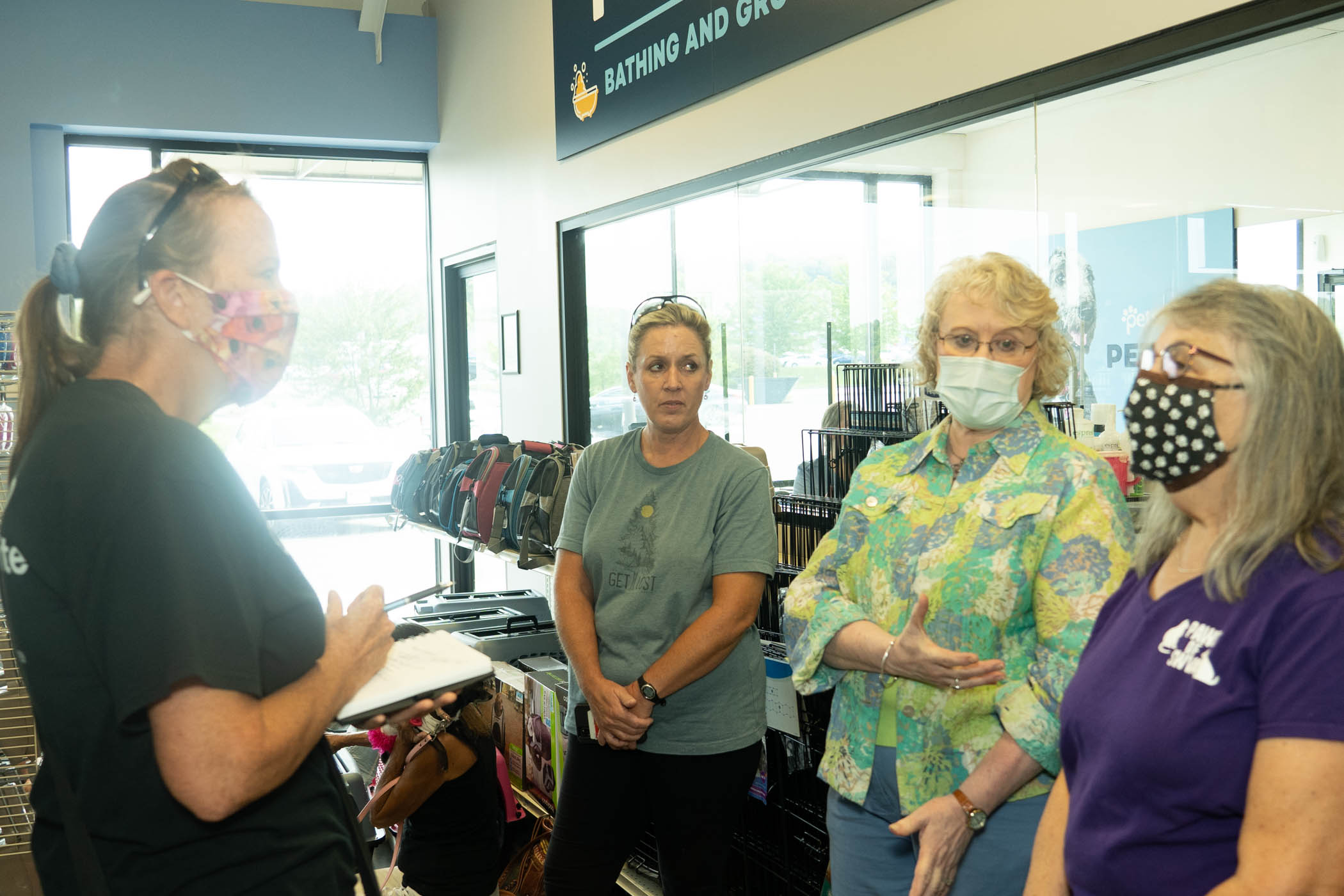
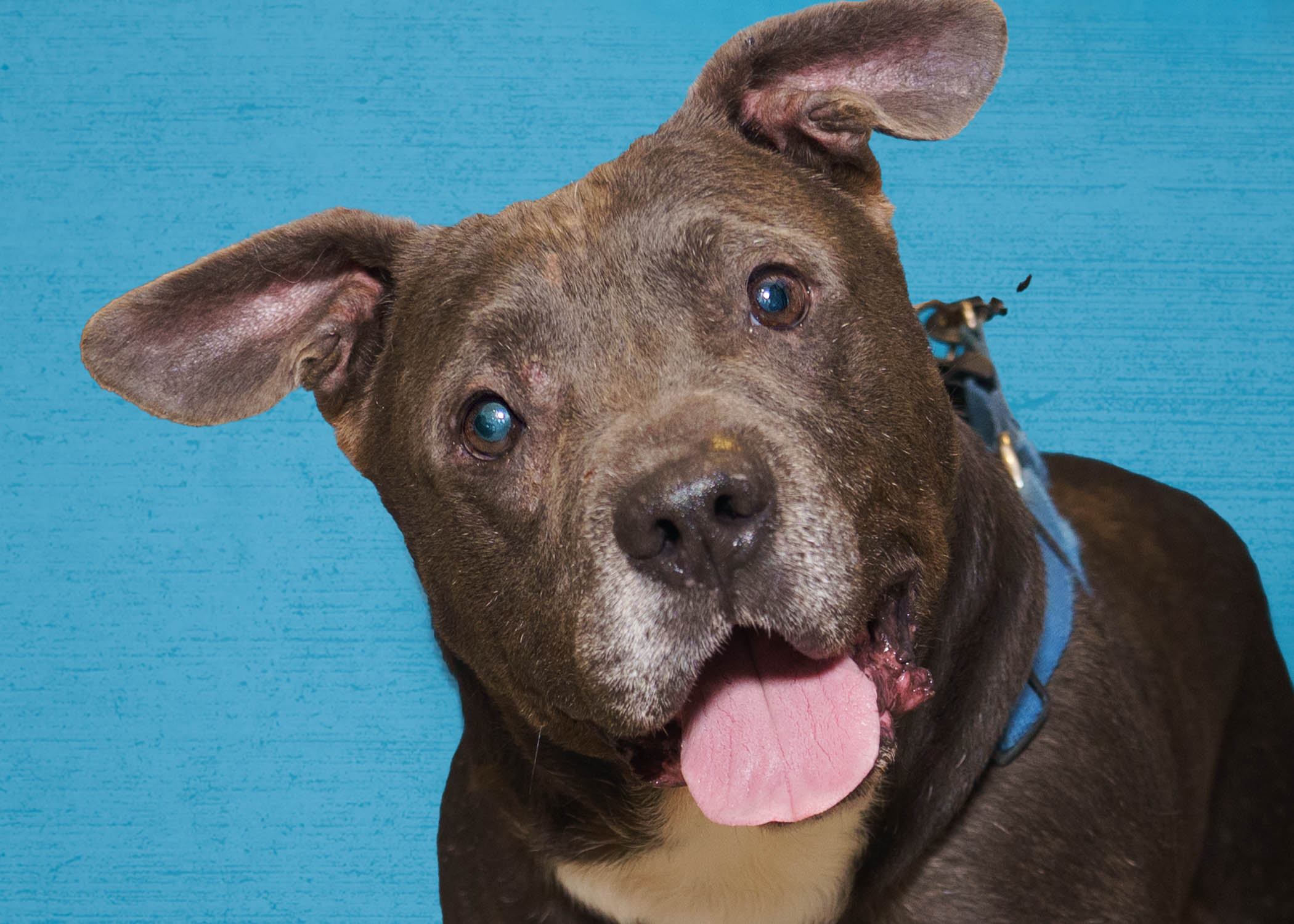
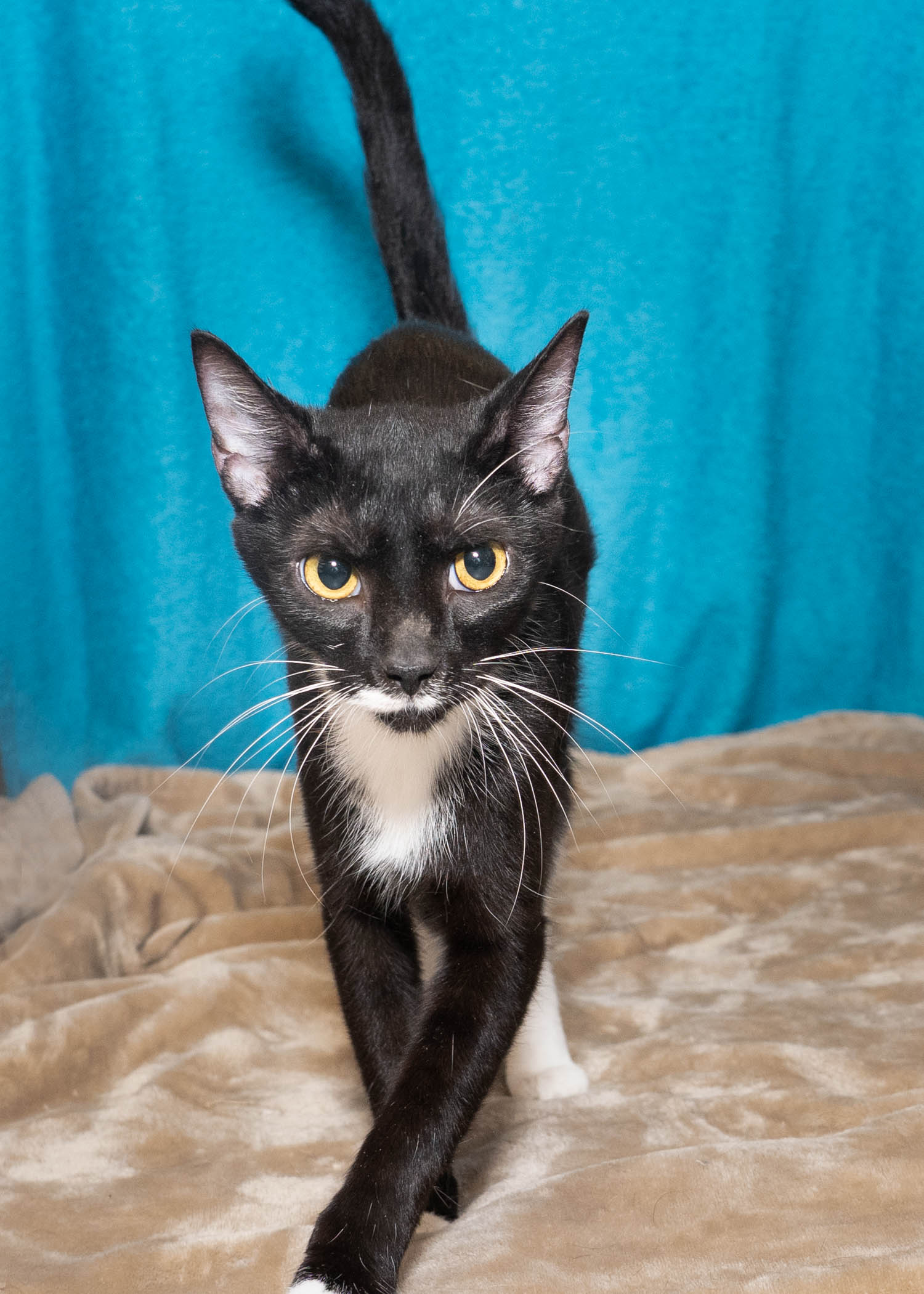

What’s really remarkable is that this is a small, rural county, really just a map dot. I did not see any discernible industry in the area, and the only tourist attraction might just the Wood Booger, which is a creature fabricated by town leadership to lure tourists to the area. And yet, in 2020 Wise County Shelter handled 1400 dogs at the shelter. Of that number 810 were owner surrenders. That’s a lot of dogs.
Beyond the shelter, though, there are at least four different rescue organizations, including Paws that operate in Wise County. All of those rescues are handling animals too—keeping them out of the shelter. How can there be five organizations in one small rural county working hard to solve the challenge of too many unwanted animals, operating spay/neuter services and rescue transports, and yet, the number of animals continues to grow?
Jo Anne worries that many of the rescues are growing weary, stagnating even, under the load. The greatest need for Paws is for younger volunteers to step in—people capable of continuing the rescue and moving it forward. Her dream, though, is for a regional shelter for the three small counties of Wise, Lee, and Dickson. A progressive place that could concentrate the efforts of volunteers in one place to save animals and move many out through rescue transports. A place that could potentially partner with the vet school in Lee County to provide a medical clinic and centralize veterinary care for shelter animals instead of the current hodge podge of driving animals out of the county to be spayed and neutered.
Our visit to Wise County was when what had seemed like a trend in our travels to that point, became reality – people are surrendering dogs in droves all over the south. And, yes, some of these may be ‘pandemic puppies’ but many are not. Many are dogs who belonged to families prior to the pandemic, but the upheaval, uncertainty, and hardship it brought to so many places has trickled down to the pets. It is a hard truth that when people suffer, their animals suffer more.
This influx of animals has made Jo Anne’s job even more challenging. She told me that during the pandemic, rescues were calling her, begging for dogs. But now the tables have turned and she finds herself begging just to find rescue for puppies, nevermind the hard to place dogs like pit bulls or medically needy older dogs.
If you want to see just how much the pandemic has challenged our animal sheltering system, look no further than southwest Virginia. So many people working so hard, and yet the dogs keep coming.
We ate lunch with Jo Anne and Tammy at (where else?) Wood Buggers Grill.
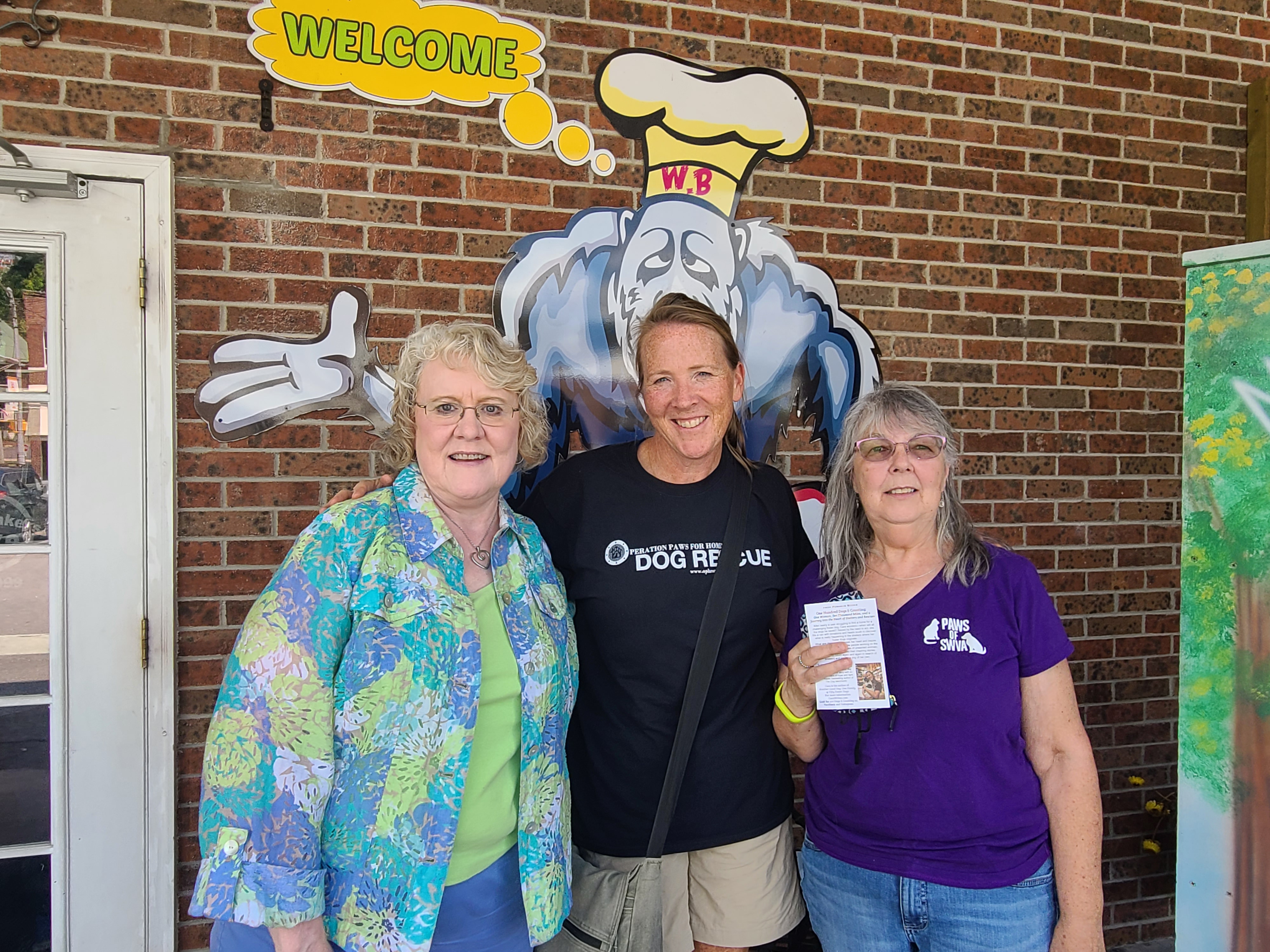
Over delicious meals, we talked about the challenges they face. Tammy has saved, quite literally, thousands of animals from the Wise County shelter, but the work with the shelter has finally decimated her heart. She has stepped away, to protect her own health, mental and physical. Her absence, though, creates a vacuum, one I often worry about when I meet remarkable women like Jo Anne and Tammy who single-handedly are the thumb in the dyke for so many places.
I pressed Jo Anne to see if she would take on Wise County in addition to her work with Lee and Dickson (plus Paws), and she shook her head. “I just can’t. I physically can’t add another.”
Later we drove over to the Wise County Shelter and met Beverly, the ACO and also the town’s attorney, Karen. Karen is in charge of overseeing the shelter, plus the foster system for children and the town litter program. I wondered (to myself) about the significance of that assignment, and was grateful for this competent and determined woman.
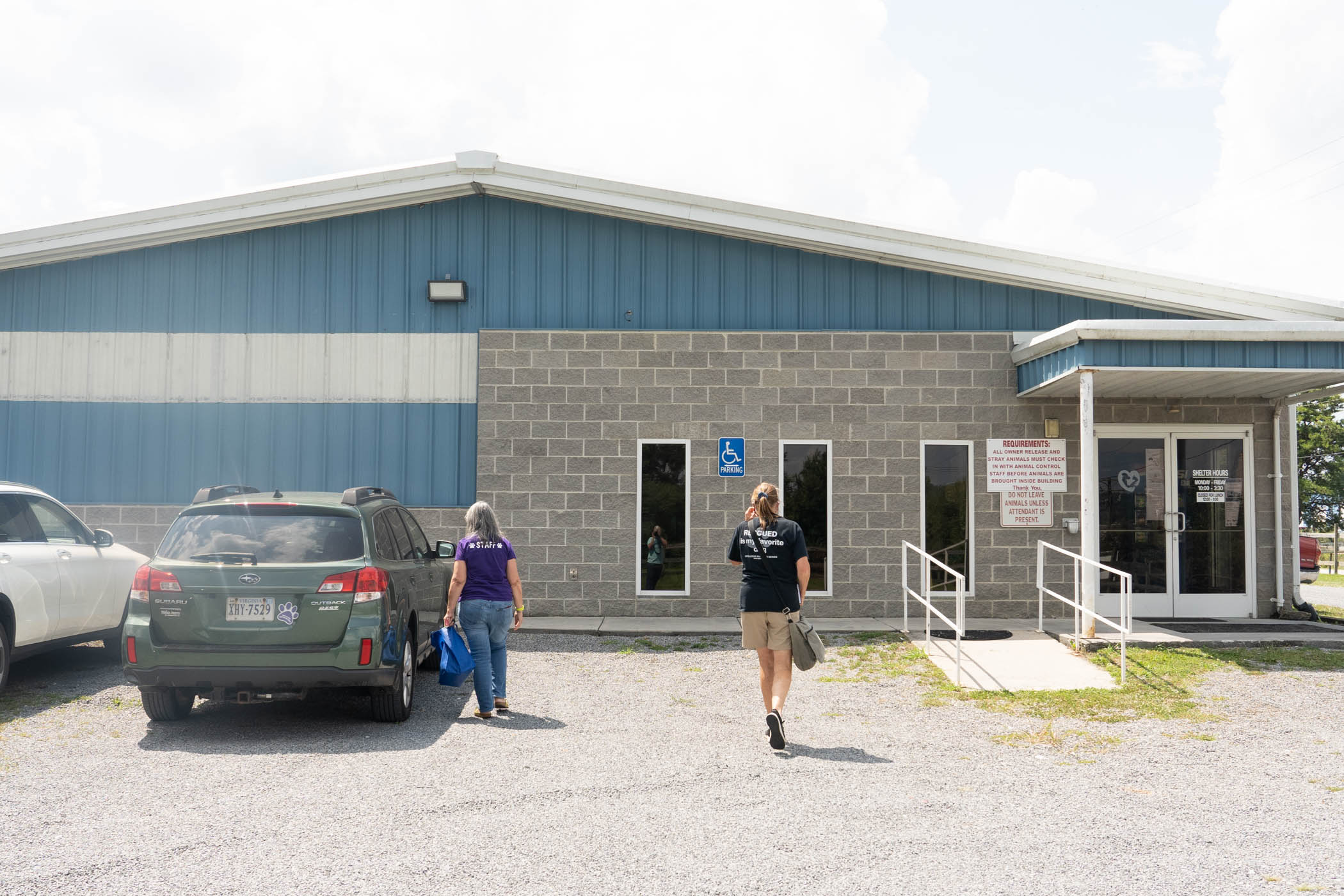
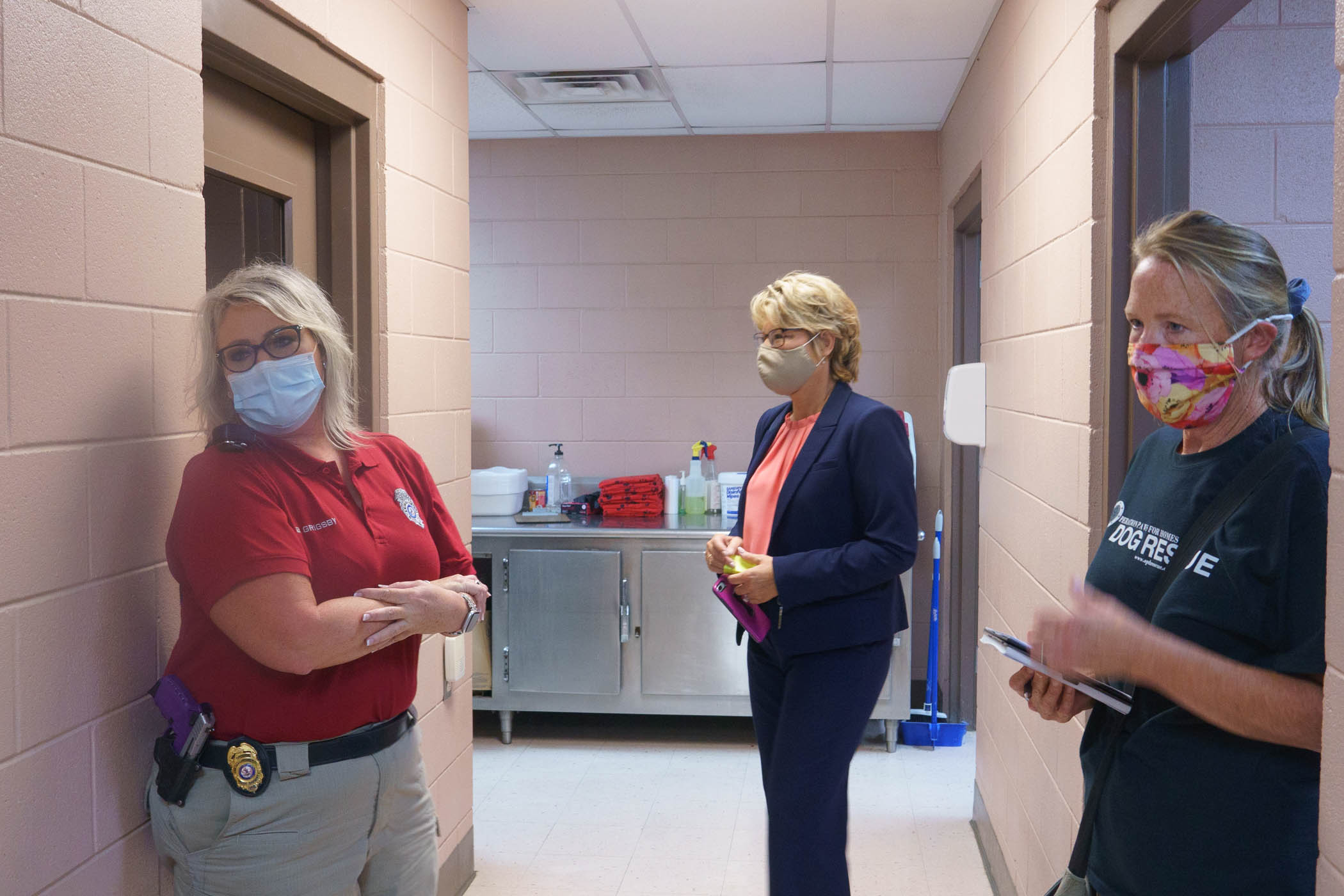
Beverly and Karen walked us around the shelter, which was filled with beautiful dogs—all dogs I could imagine a rescue jumping to pull, prior and during the pandemic. What is their fate is now? It’s not one I want to imagine without someone like Tammy fighting for them.
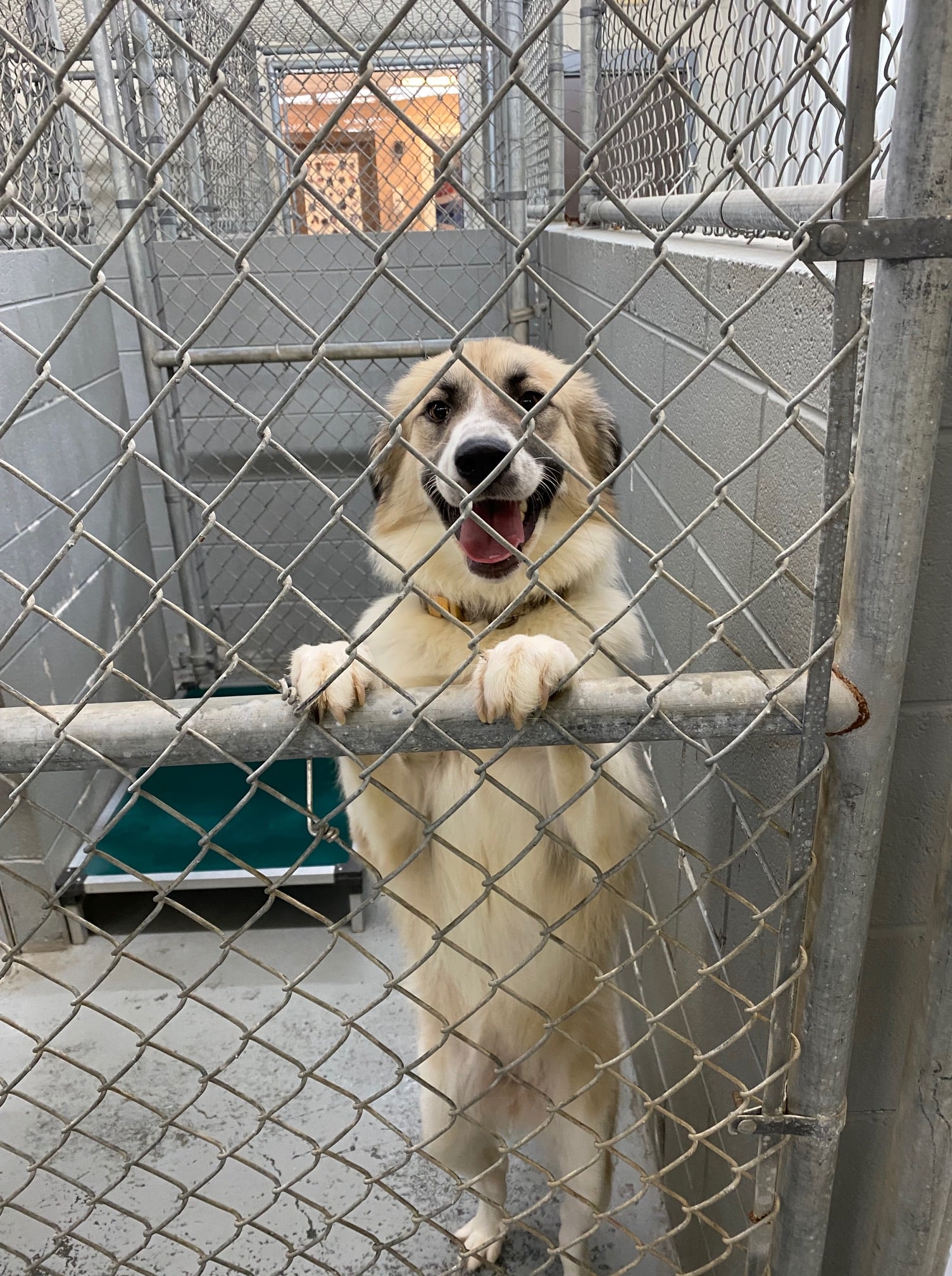
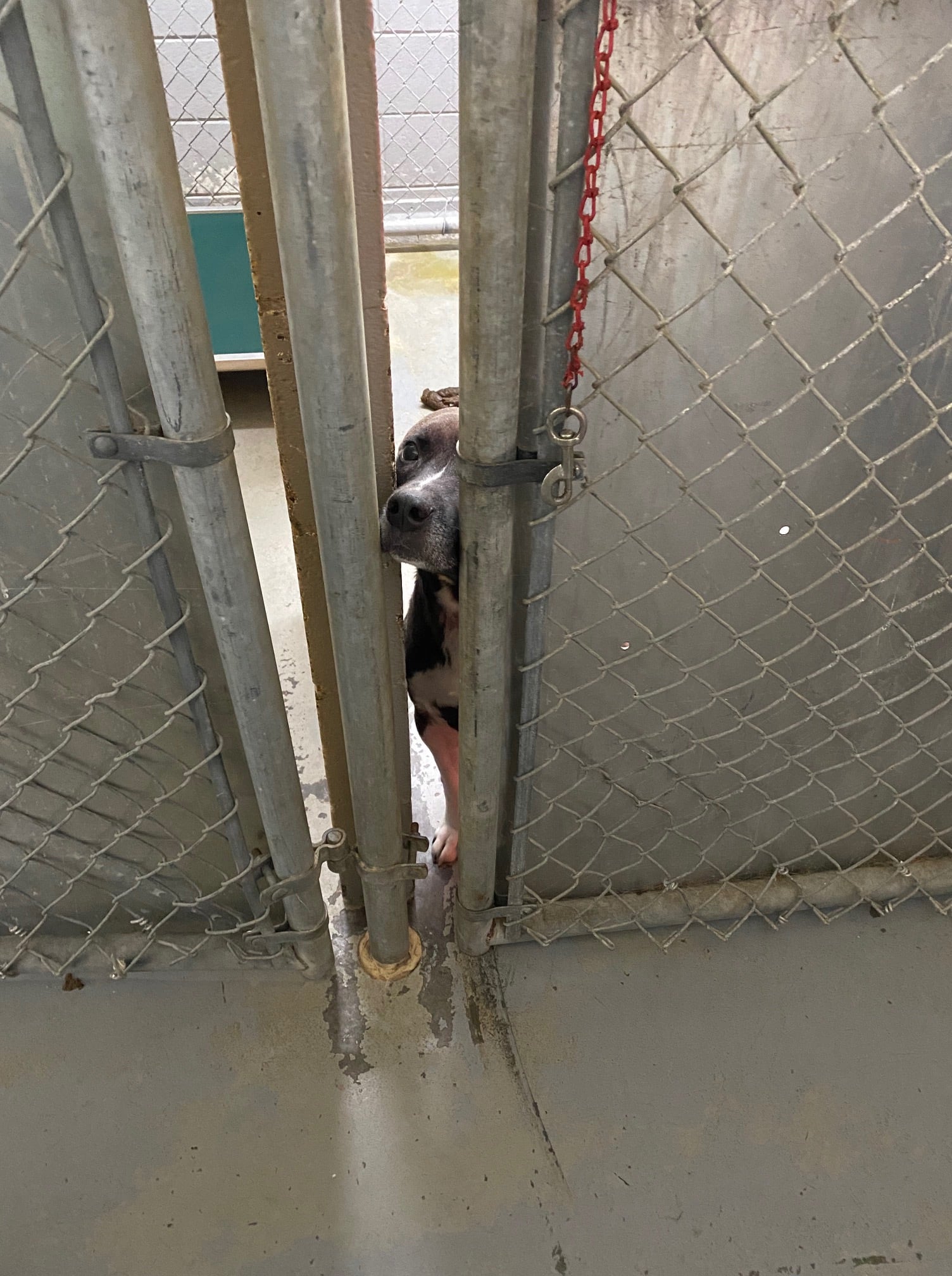
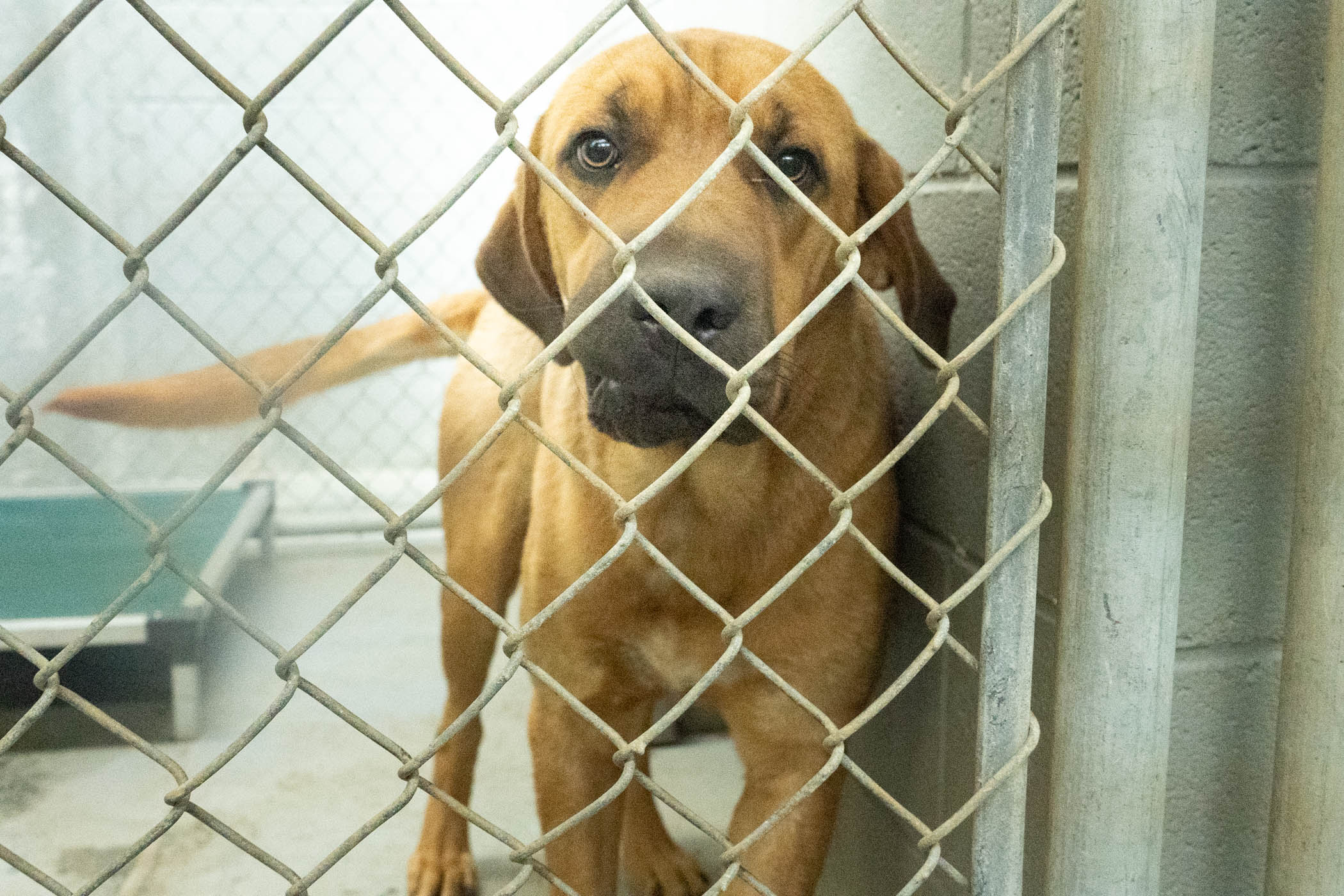
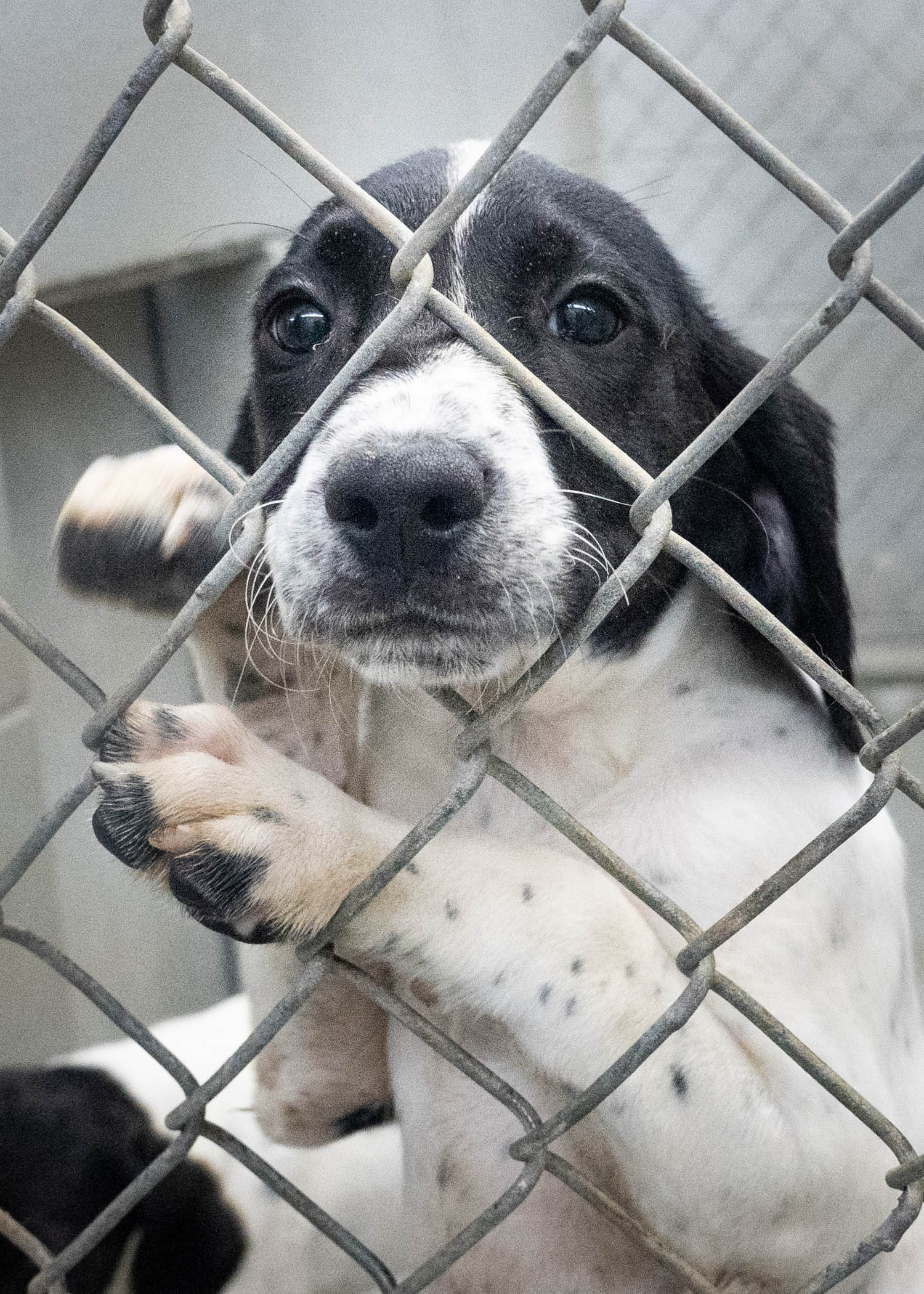
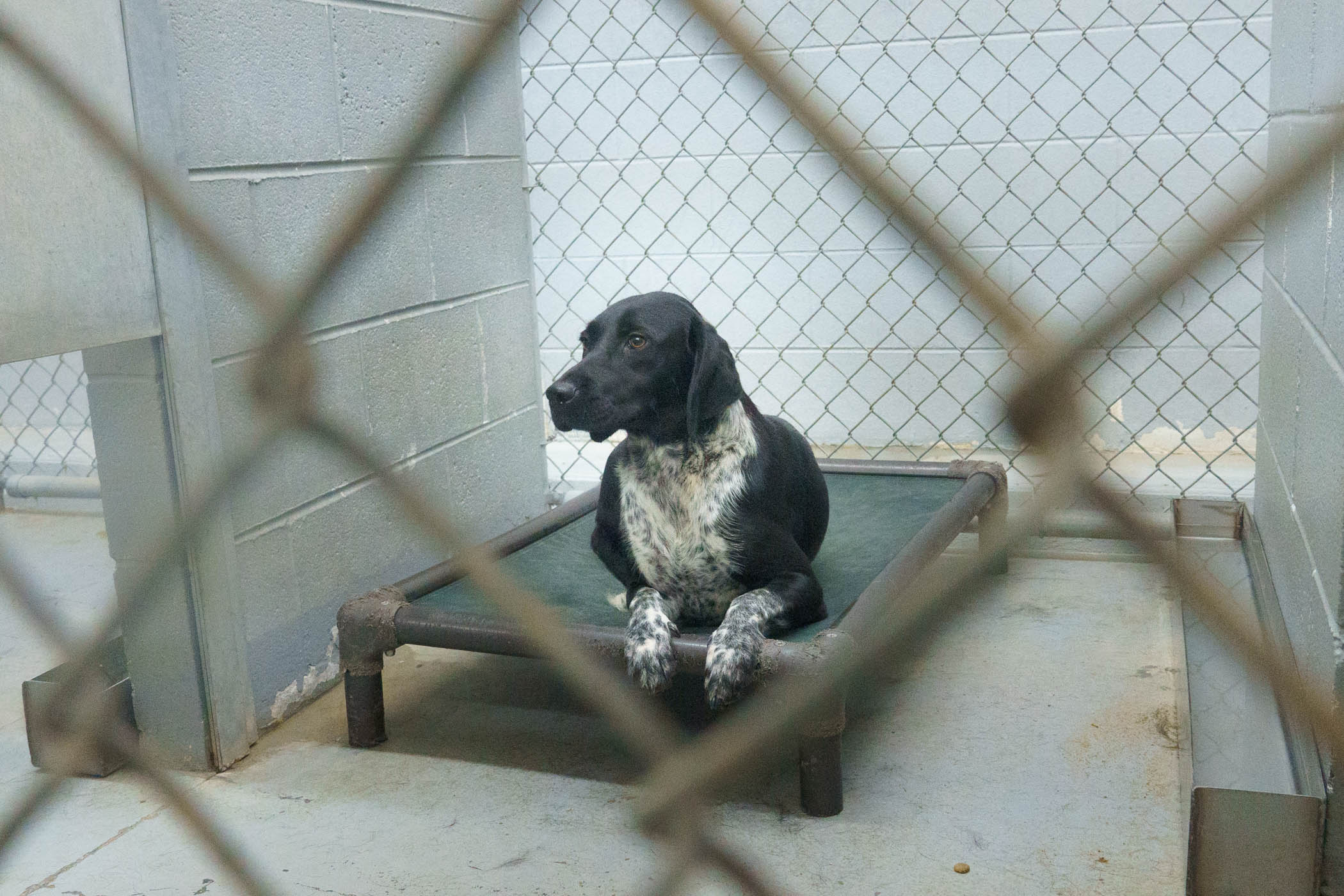
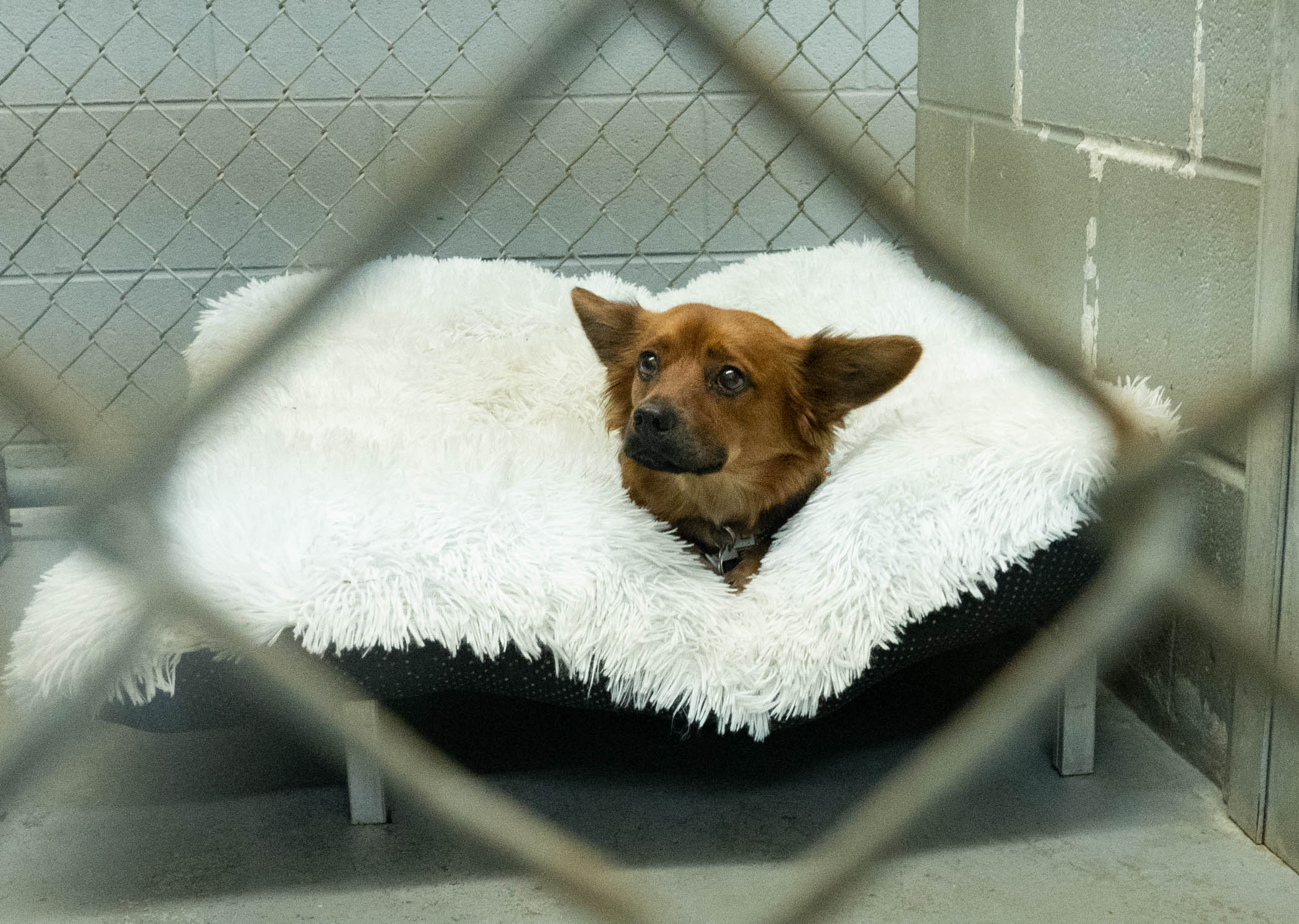
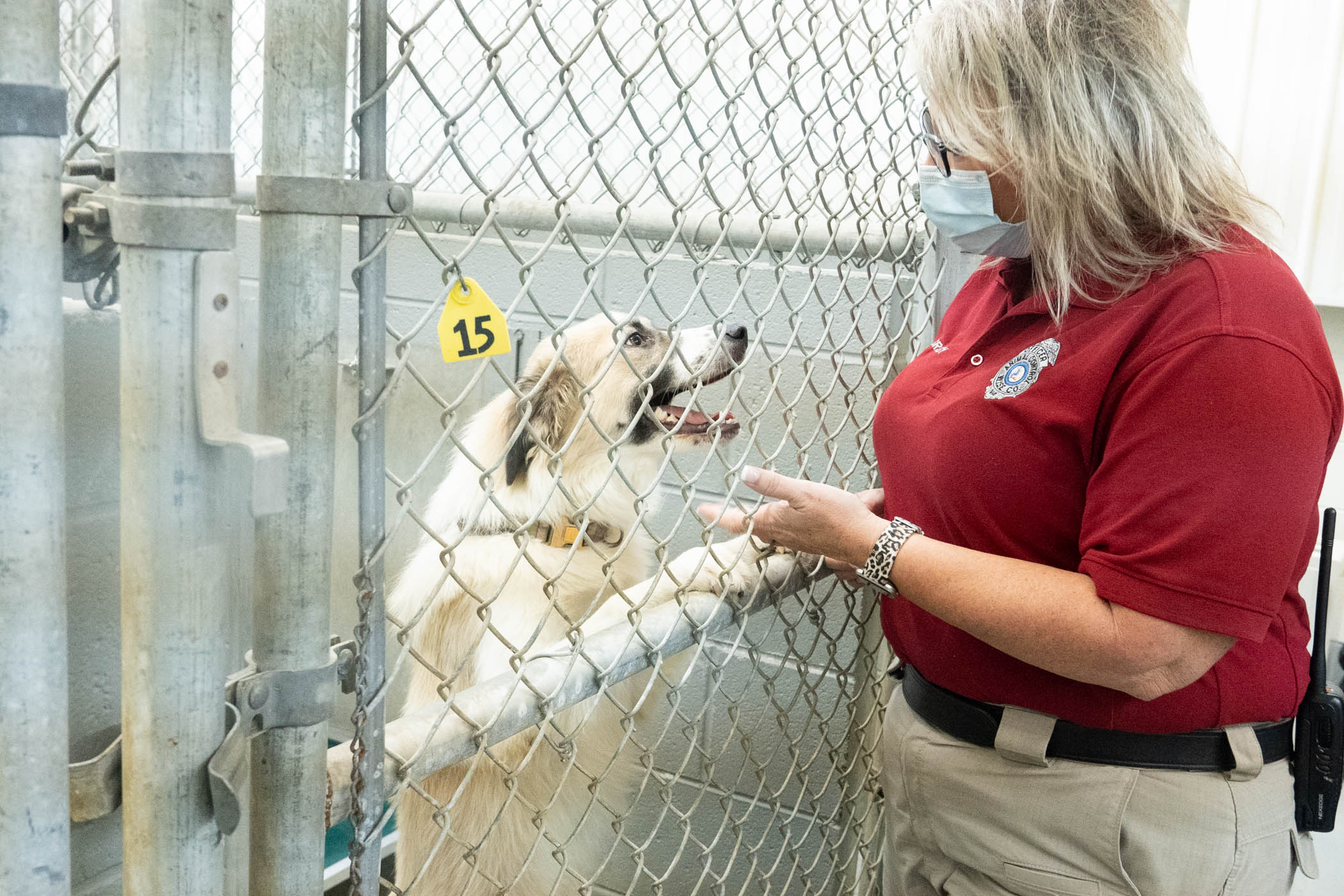
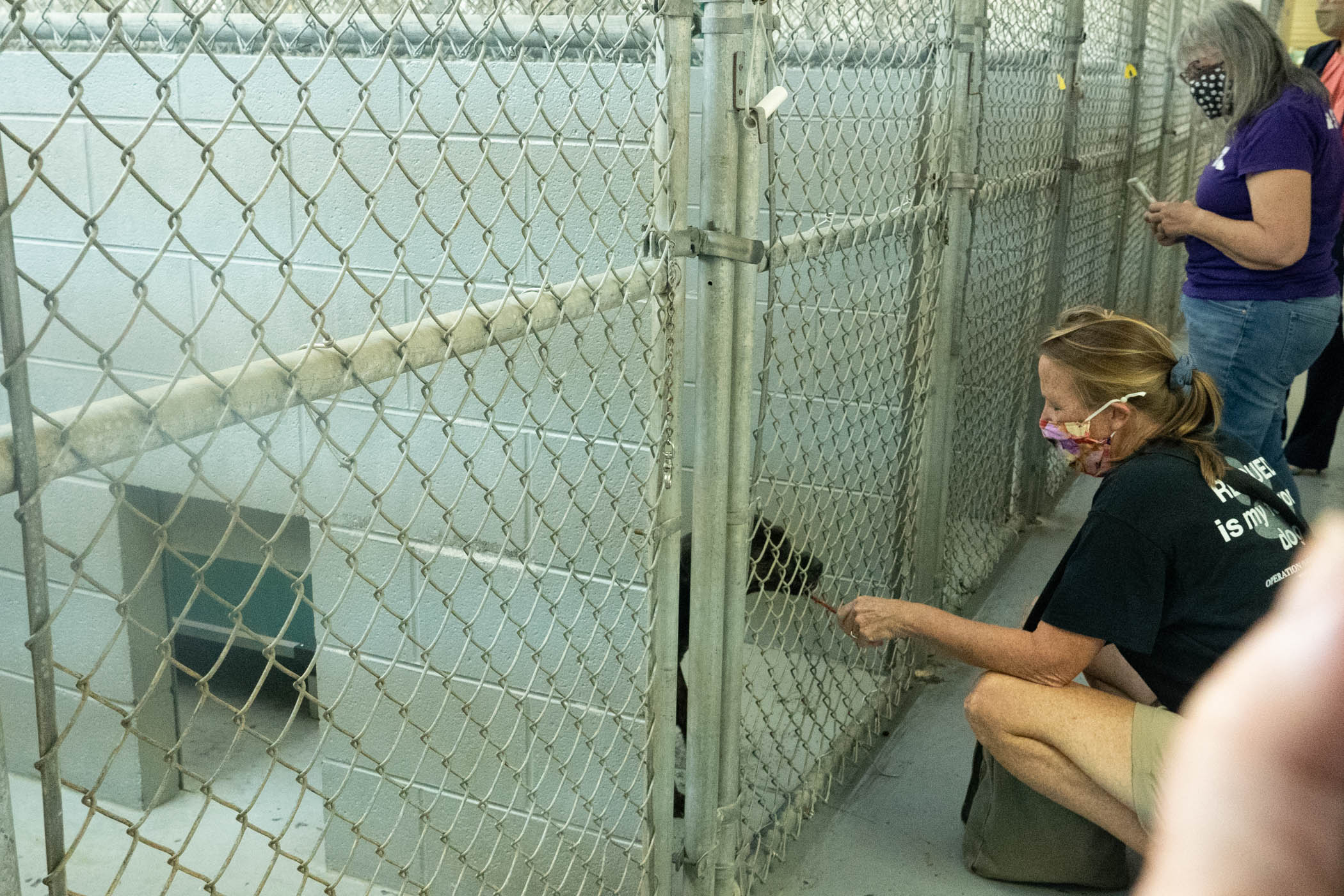
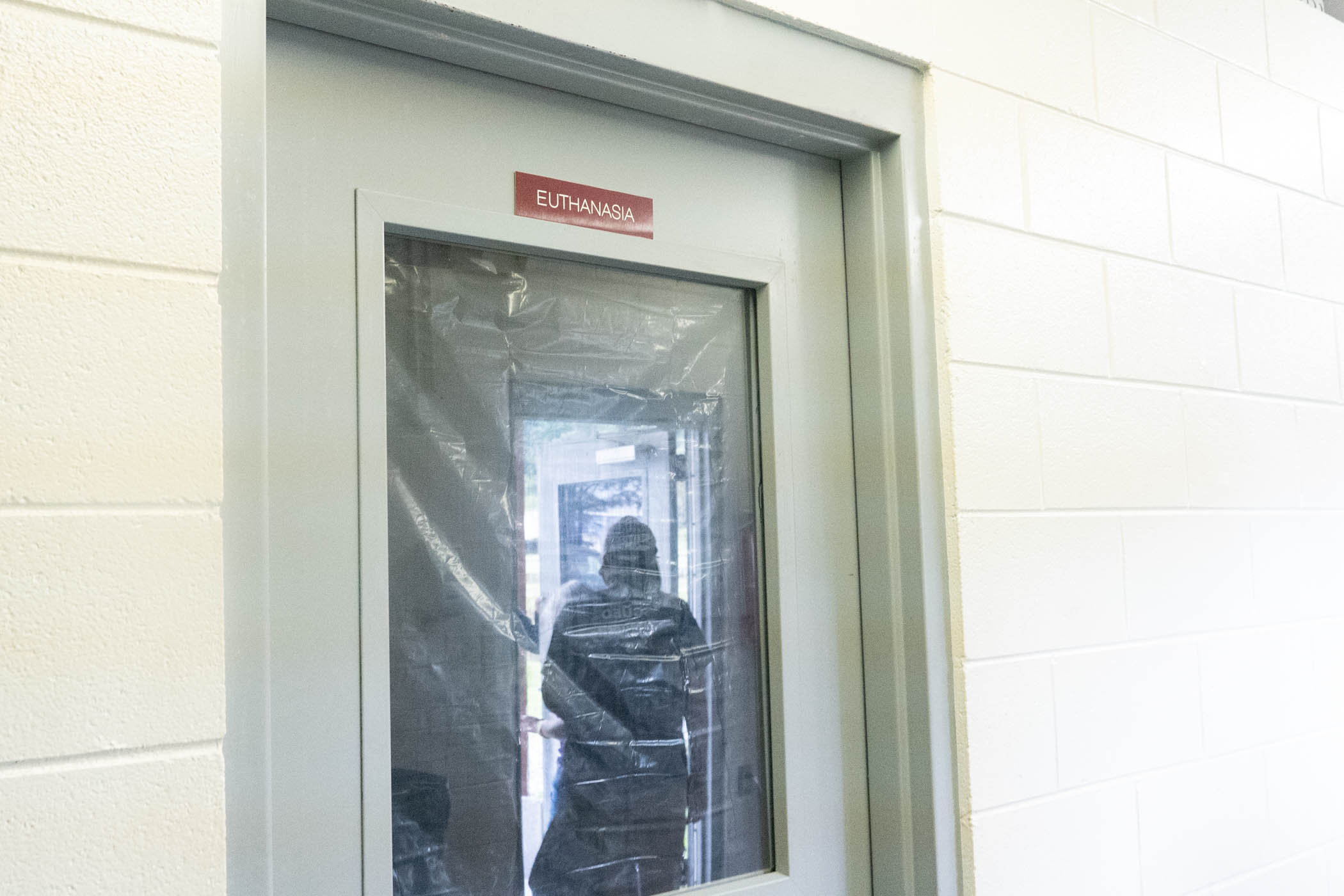
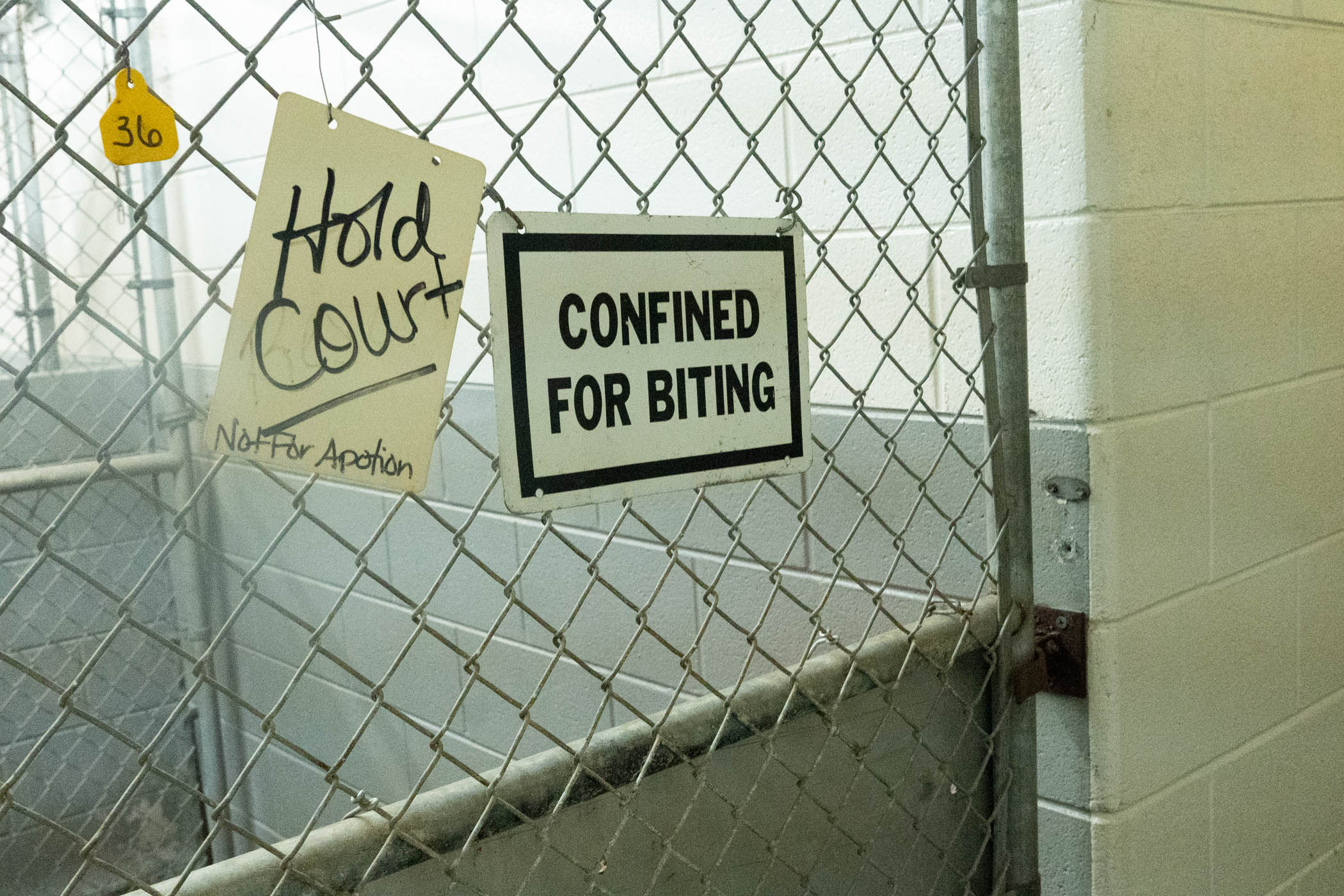
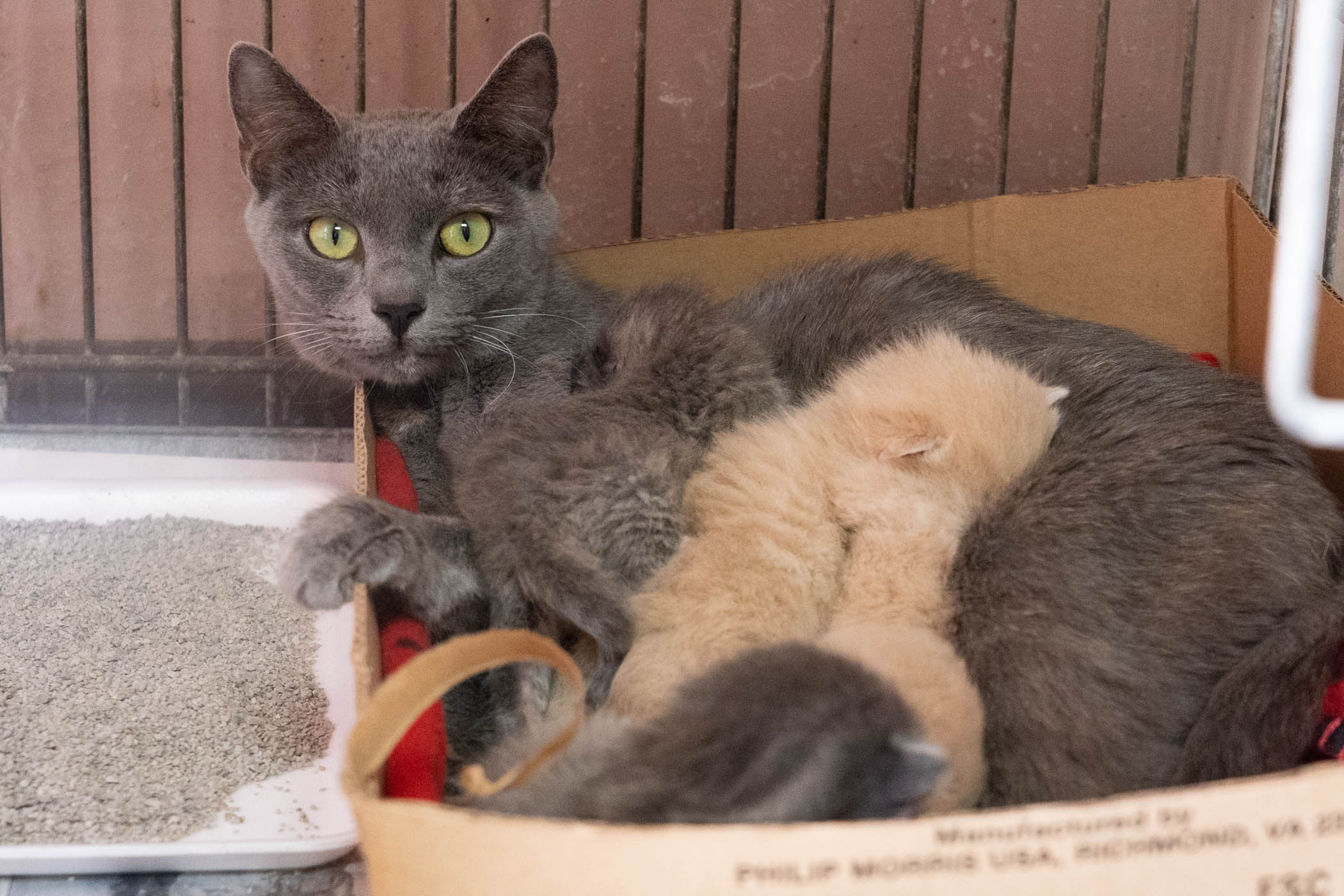
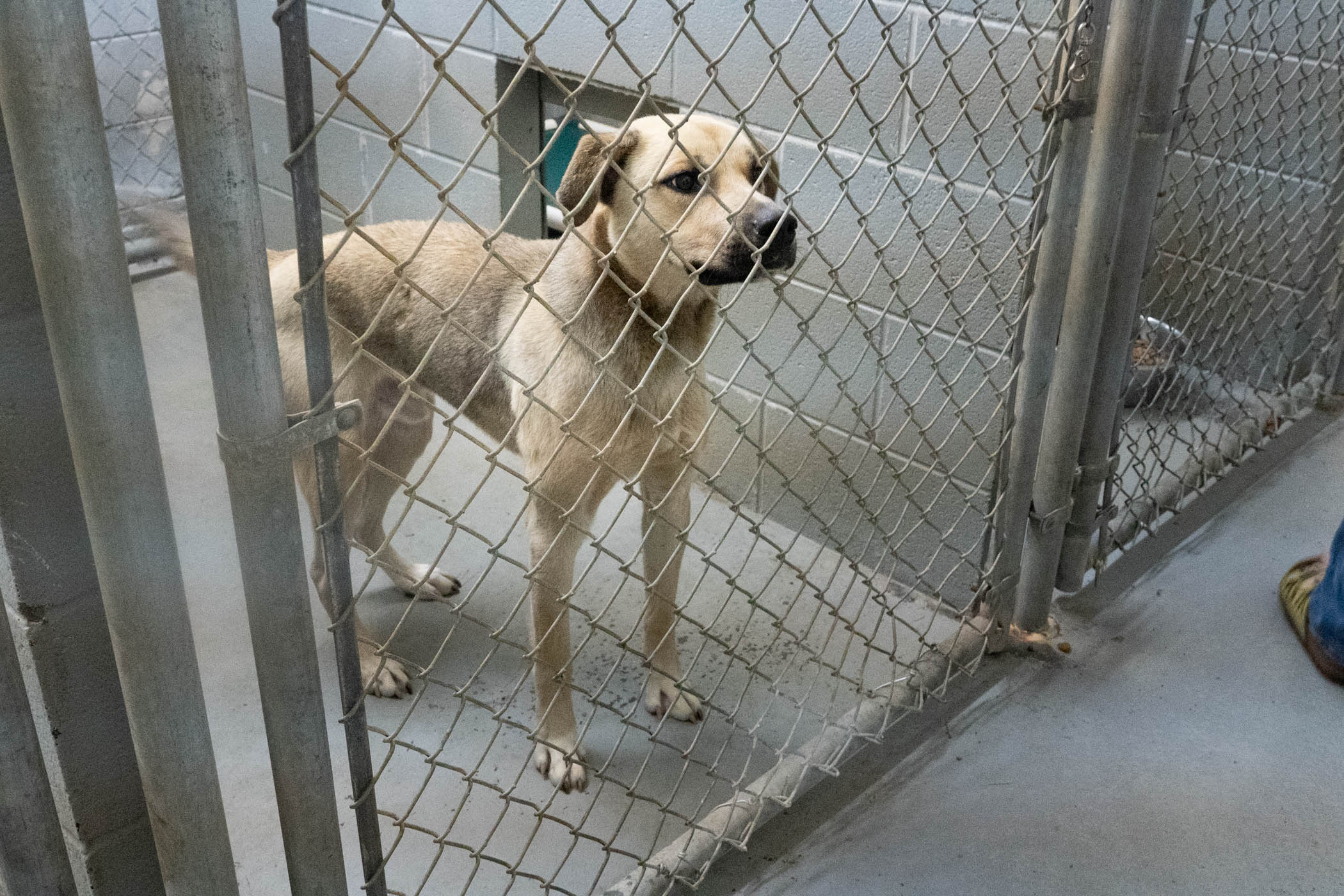
The shelter is located, like most shelters, on municipal property near the landfill. They do have a lovely grassy area in the back of the shelter. It’s perfect for playgroups, and we suggested they consider working with Dogs Playing for Life. Playgroups can often be the difference for so many dogs—keeping them socialized and happy despite their tough predicament.
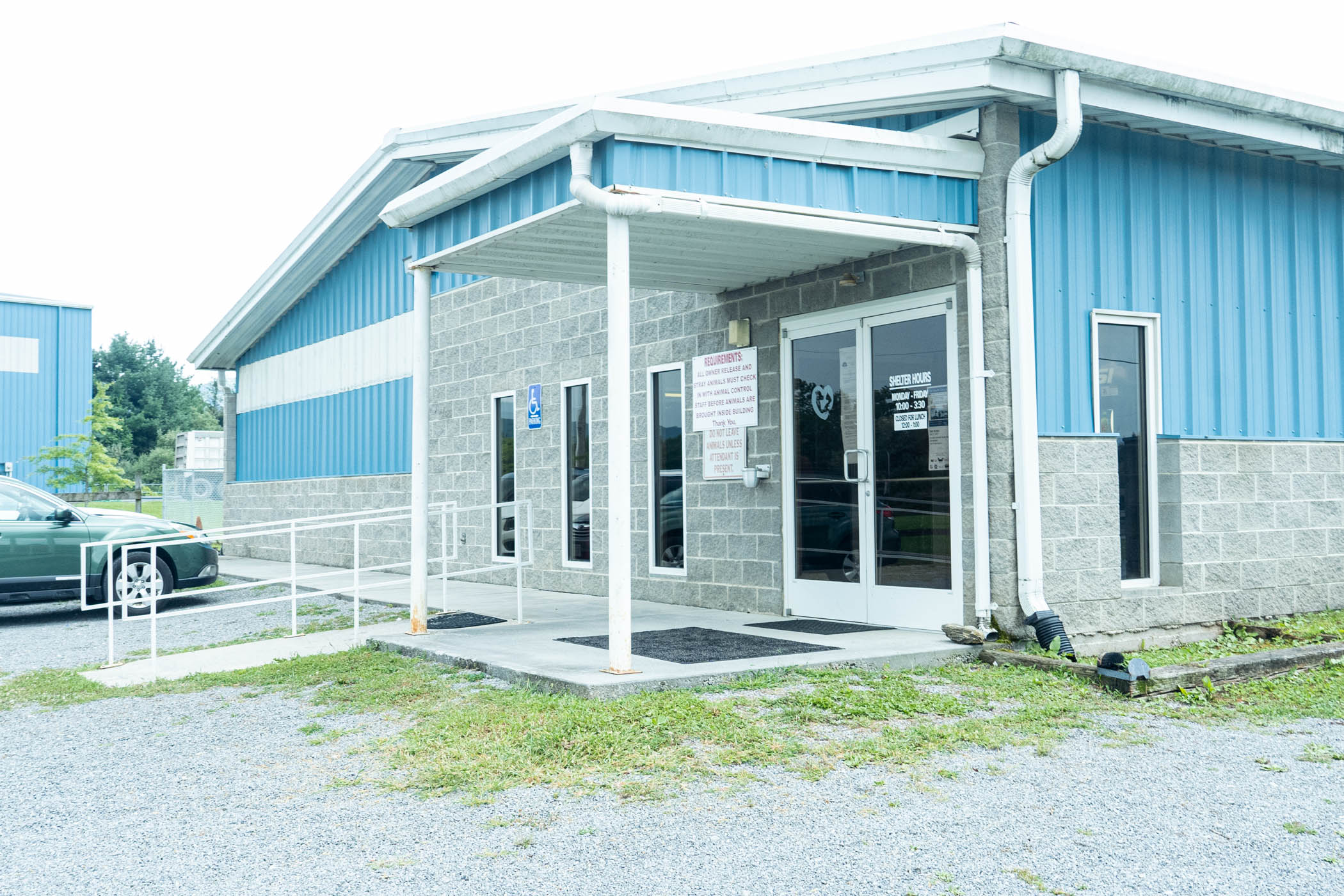
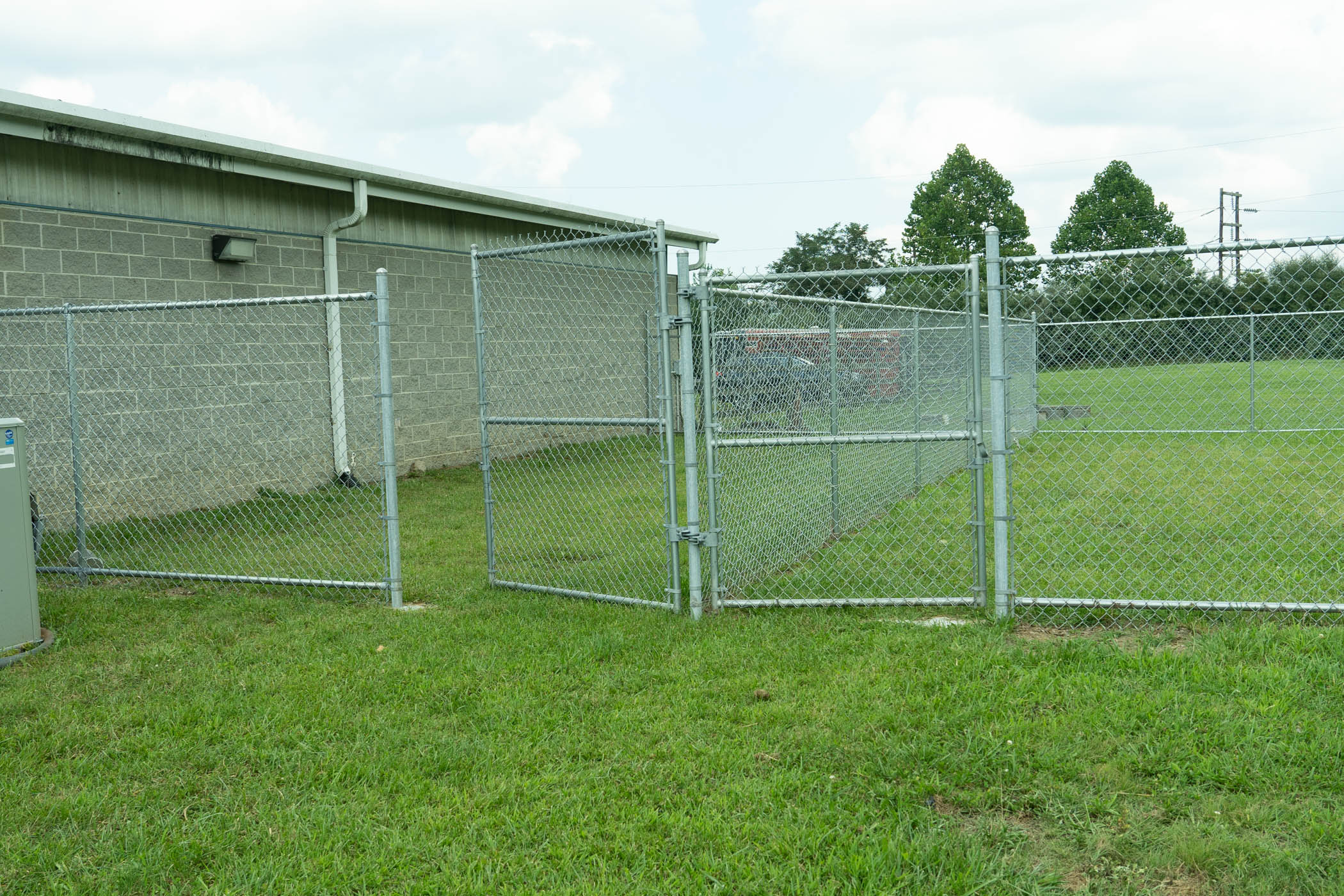
So, there was much to be hopeful about in this part of southwest Virginia—the good work of Paws of SWVA, Jo Anne’s advocacy for the dogs in Dickson and Lee, and Karen’s enthusiasm for improving the shelter. But without Tammy, the immediate future of so many animals is quite definitely in jeopardy, plus the huge influx of dogs (they are still seeing large numbers of owner surrender dogs) will continue to stress everyone involved in saving dogs in southwest Virginia.
We left that day to head for Kentucky. My head spun with all we’d seen and heard, and the very real question—did the pandemic set animal rescue back years? And as it drags on, will it drag us even further back to that hard place where the shelters kill for space on a regular basis?
You can support the work of Paws of SWVA by visiting their website; they are a 501c3, so all of your donations are tax deductible. You can also support them by following them on Facebook page, and sharing their adoptable animals.
Our visit with Paws of SWVA on YouTube:
It is clear that all that the wave of adoptions during the pandemic, has had a corresponding undertow that could quite possibly pull too many under. We need to talk about what is happening all over the south, and in other vulnerable places. The animals have no voice, so we must speak for them.
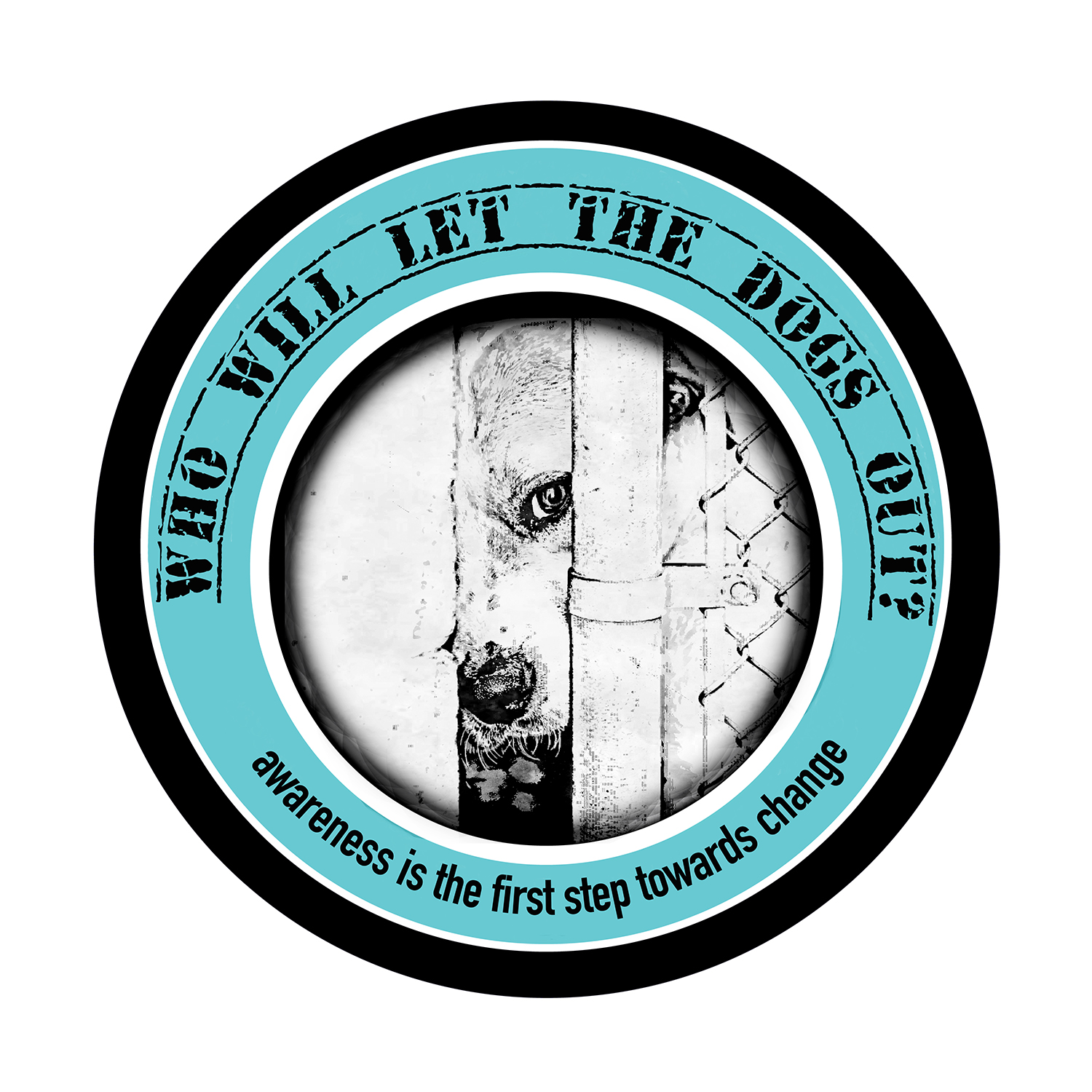
Until each one has a home,
Cara
Please help us by subscribing (button on right side) and sharing this blog. We have a new YouTube channel and we need lots of subscribers to help us gain traction there – we’d truly appreciate if you subscribed. Here’s the link.
You can also keep track of us on Facebook and Instagram.
The mission of Who Will Let the Dogs Out (we call it Waldo for short) is to raise awareness and resources for homeless dogs and the heroes who fight for them.
You can learn more about what is happening in our southern shelters and rescues in the book, One Hundred Dogs & Counting: One Woman, Ten Thousand Miles, and a Journey Into the Heart of Shelters and Rescues (Pegasus Books, 2020) which tells the story of a challenging foster dog who inspired the author to travel south to find out where all the dogs were coming from. It also explains how Who Will Let the Dogs Out began. The book is available anywhere books are sold. A portion of the proceeds of every book sold will go to help unwanted animals in the south.

Amber’s Halfway Home is a short documentary film we produced in partnership with Farnival Films. It tells the story of a remarkable woman and one day of rescue in western Tennessee. Selected for ten film festivals (to date), it is a beautiful, heartbreaking, inspiring story we hope will compel viewers to work for change.
For more information on any of our projects or to talk about rescue in your neck of the woods, please email whowillletthedogsout@gmail.com or carasueachterberg@gmail.com.



Naomi Johnson
The only way to get the unwanted pet problem under control is to have state licensing laws where licenses for spayed and neutered dogs are $10-$15 a year and intact dogs are $100 or more. Once it hits the owners pocketbooks, they will become much more responsible about their pets (or not have any). Breeders will need to have special licenses, so that would cut down on your backyard breeders who breed (or allow) their dogs to breed indiscriminately. The revenue raised from licenses will give the shelters money for salaries for dog wardens to see that owners are taking care of their animals as they should be and also provide money for inexpensive spays and neuters.
I have been rescuing dogs for 60 years, and I saw how licensing changed the unwanted dog situation up North. I worked for a vet in Washingtonville, NY when I was in my 20s. He was also dog warden. We euthanized many unwanted pets at that time. It was then that I started finding homes for unwanted dogs (what we now call rescue), About 10 years ago the rescue I was working with in NC was transporting dogs to Washingtonville because they no longer had stray dogs. Licensing and strict fines are the only way to correct the problem. More and more rescues are popping up, and yes, even with Covid, more pets are getting out of the shelters, but there has not been a decrease of irresponsible, uncaring, heartless owners dumping dogs in shelters or abandoning them on the side of the road. They are the criminals. Most shelters now, such as the ones in southwest Virginia and the ones I see in North Carolina are doing everything they can to save animals. Let’s push for legislation to get licensing laws!!!
Cara Sue Achterberg
YES! licensing would make a huge difference. It will be a challenge to get southern lawmakers to add a new ‘tax’ but it can and should be done. That and increased access/availability for spay/neuter truly could fix so much of the problem and would help demonstrate that the states and counties value these animals and the role they play in our lives.
Naomi Johnson
Our county (Moore) has a 6 week program that trained volunteers teach to all the 4th graders (in both the public and private schools) called Pet Owner Responsibility. It emphasizes spaying/neutering (aside from teaching general good care of pets) and shows the kids how one cat or dog can produce several hundred kittens/puppies in a couple of years–and what happens to the unwanted ones. The intention is that, even though the parents may have the good ole boy attitude towards animals, the younger generation will understand the tragedy of allowing pets to breed indiscriminately and become responsible pet owners. Most of the parents are very receptive of the information, but we do have those who believe that it is cruel to take away the animal’s natural right to propagate.
At the end of the six weeks, all the kids are supposed to write an essay about why they want to have their pet spayed/neutered, and the winner is awarded a free spay/neuter at our spay/neuter clinic. The kids really enjoy the break from their regular school routine, and most have no trouble paying attention. They even have a certified therapy dog visit and get petted during the last class.
Hopefully, the program is accomplishing what it was designed to do. https://www.sandhillskids.com/2011/10/moore-county-pet-responsibility/
Cara Sue Achterberg
That is brilliant! What an incredibly smart, progressive program. I wish we could put it in place everywhere. We will definitely check it out. I think North Carolina, for all its struggles, does a lot of things right when it comes to sheltering.